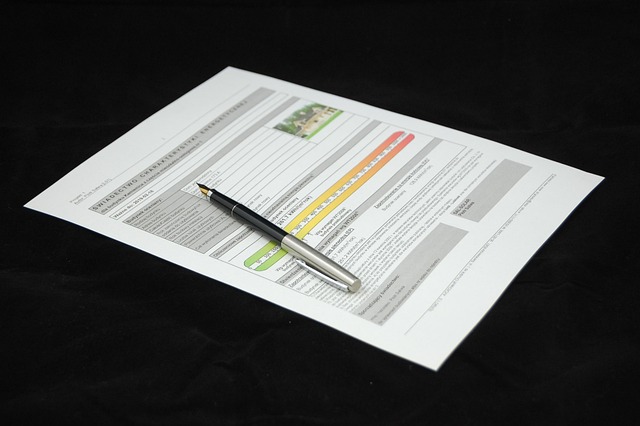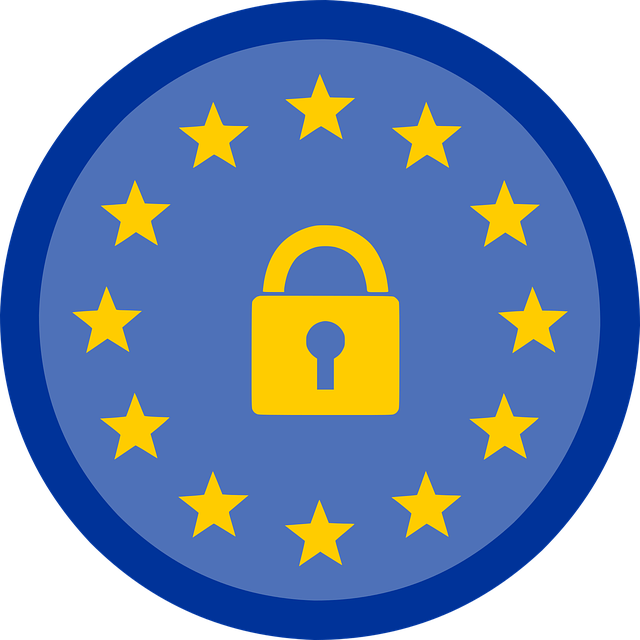Compliance certificates are vital legal documents in the UK, ensuring product safety and service legality across sectors. Accurate translations of these documents are crucial to avoid legal risks, as misinterpretations can lead to non-compliance. Specialized translation services are indispensable for international businesses expanding into the UK market, addressing technical language, regulatory terminology, and cultural nuances. Selection criteria for a reliable provider include industry standards adherence, native-level proficiency, rapid turnaround times, and confidentiality agreements. Best practices involve verifying ISO compliance, multi-step verification processes, and assessing sample work to ensure accurate translations tailored to UK regulations. Case studies highlight successful business expansions through precise translations, while AI and automated systems promise enhanced efficiency in the future of UK compliance certificate translations.
Ensuring accurate translations of compliance certificates is paramount for businesses operating within the UK’s stringent legal framework. These documents, vital for product safety, quality, and regulatory adherence, must be meticulously translated to maintain legitimacy and avoid costly pitfalls. This article explores the nuances of UK compliance certificates, challenges in translation, and the indispensable role of professional translation services. We delve into best practices, case studies, and emerging technologies that drive reliable translations, offering valuable insights for businesses navigating this crucial aspect of UK compliance.
- Understanding Compliance Certificates and Their Legal Significance in the UK
- Challenges of Accurate Translation for UK Compliance Documents
- The Role of Professional Translation Services in Ensuring Reliability
- Key Considerations When Choosing a Translation Provider for Compliance Certificates
- Best Practices for Validating and Verifying Translated Certifications
- Case Studies: Successful Translations for UK Compliance Certificate Requirements
- Future Trends in Technology Enhancing UK Translation Services for Legal Documents
Understanding Compliance Certificates and Their Legal Significance in the UK

Compliance certificates are legal documents that play a critical role in ensuring adherence to specific standards and regulations within the United Kingdom. These certificates verify that products, services, or systems meet the required legal requirements, offering assurance of safety, quality, and compliance. In various sectors, from construction to healthcare, obtaining these certifications is often mandatory, making them indispensable for businesses aiming to operate within the UK legal framework.
The legal significance of compliance certificates lies in their ability to protect consumers, employees, and the environment by guaranteeing that goods and services are safe and meet set criteria. Accurate translation services become essential when dealing with international companies seeking to expand into the UK market. Reliable UK translation services for compliance certificates ensure that critical information is conveyed precisely, avoiding legal complications and potential risks associated with non-compliance.
Challenges of Accurate Translation for UK Compliance Documents

Accurately translating UK compliance certificates presents several unique challenges. These documents often contain highly technical language and specific regulatory terminology that requires a deep understanding of both the source and target languages. A single misinterpretation can lead to serious consequences, from legal non-compliance to safety risks.
Moreover, the context and nuance of certain phrases might not translate directly, necessitating skilled translators who can convey the intended meaning with precision. Using the wrong terms or expressions could result in documents that are rejected by regulatory bodies or even render them legally invalid. Therefore, when dealing with UK compliance certificates, it’s crucial to engage professional translation services that specialize in this domain.
The Role of Professional Translation Services in Ensuring Reliability

In the realm of international business, especially within the UK, where compliance certificates play a crucial role in legal and regulatory matters, accurate and reliable translations are non-negotiable. Professional translation services step into this vital role, ensuring that documents like compliance certificates are not only translated but also adapted to meet the nuances of different languages and cultures. Their expertise lies in interpreting technical jargon and legal terminology accurately, preserving the intent and integrity of the original document.
These services employ native-speaking translators who are well-versed in both the source and target languages, minimizing the risk of errors that could have significant implications. By adhering to industry standards and best practices, they guarantee not just grammatical correctness but also cultural appropriateness. This is particularly important for compliance certificates, as incorrect translations can lead to misunderstandings, legal complications, or even rejection of the document by UK authorities. Reliable translation services thus become indispensable allies in navigating the complexities of international business and ensuring adherence to UK regulations.
Key Considerations When Choosing a Translation Provider for Compliance Certificates

When selecting a translation provider for compliance certificates in the UK, several critical factors come into play to ensure accuracy and reliability. Firstly, expertise in regulatory documentation is essential; the translator must have a deep understanding of legal terminology and the specific requirements for different types of compliance certificates. This knowledge guarantees that technical terms are translated accurately, avoiding potential issues during verification processes.
Additionally, the ability to handle rapid turnaround times without compromising quality is a significant advantage, especially when dealing with time-sensitive regulations. Reputable translation services should offer secure platforms for document sharing and strict confidentiality agreements to protect sensitive information. Checking for native-level proficiency in both languages is also vital; this ensures that cultural nuances and idiomatic expressions are conveyed accurately, maintaining the integrity of the original content.
Best Practices for Validating and Verifying Translated Certifications

When it comes to reliable translations for UK compliance certificates, best practices for validating and verifying translated documents are paramount. Start by ensuring that the translation service provider follows recognized industry standards, such as ISO 17100 or 17504. These standards guarantee that translators possess the necessary qualifications and expertise in both the source and target languages.
Next, implement a multi-step verification process. This could include initial proofreading by a native speaker, followed by a thorough review by subject matter experts familiar with compliance certification terminology. Using advanced translation memory software can also help maintain consistency across translations, ensuring that critical terms and phrases are accurately rendered each time. Additionally, request samples of previous work from the provider to assess their proficiency in handling complex regulatory documents.
Case Studies: Successful Translations for UK Compliance Certificate Requirements

Successful case studies highlight the importance of accurate and reliable translations for UK compliance certificates. Many organisations, particularly those operating in regulated sectors, have benefited from professional translation services that ensure their documentation meets all legal requirements. These cases demonstrate that with a deep understanding of industry-specific terminology and regulations, skilled translators can deliver high-quality outputs tailored to specific needs.
One notable example involves a global manufacturing company expanding its operations into the UK market. Their existing compliance certificates, drafted in a foreign language, required meticulous translation to align with local standards. By partnering with experienced UK translation services, they ensured that all technical terms were accurately conveyed and that the documents met the stringent requirements of UK regulatory bodies. This seamless transition facilitated their entry into the new market, showcasing how effective translations can smoothen business expansion processes.
Future Trends in Technology Enhancing UK Translation Services for Legal Documents

The future of UK compliance certificate translations is set to be transformed by technological advancements, offering enhanced precision and efficiency. Artificial intelligence (AI) powered translation tools are becoming increasingly sophisticated, capable of interpreting complex legal jargon and providing accurate, contextually relevant translations. These technologies leverage vast databases and machine learning algorithms to ensure that every word is accurately translated, maintaining the integrity of the original document.
Furthermore, automation in the form of automated translation memory (ATM) systems can significantly streamline the translation process for recurring legal phrases and structures found within compliance certificates. This not only reduces turnaround times but also guarantees consistency across multiple documents. With these innovations, UK translation services for legal documents are poised to achieve new levels of accuracy, speed, and cost-effectiveness, meeting the growing demands of a globalized business environment.
Ensuring accurate and reliable translations of compliance certificates is paramount for navigating the UK’s legal landscape. As highlighted throughout this article, professional translation services play a pivotal role in mitigating challenges associated with these critical documents. When selecting a provider, consider their expertise in legal translations, adherence to industry best practices, and robust quality assurance processes. By prioritizing reliable UK translation services, businesses can streamline compliance, mitigate risks, and foster trustworthiness across all official documentation.
